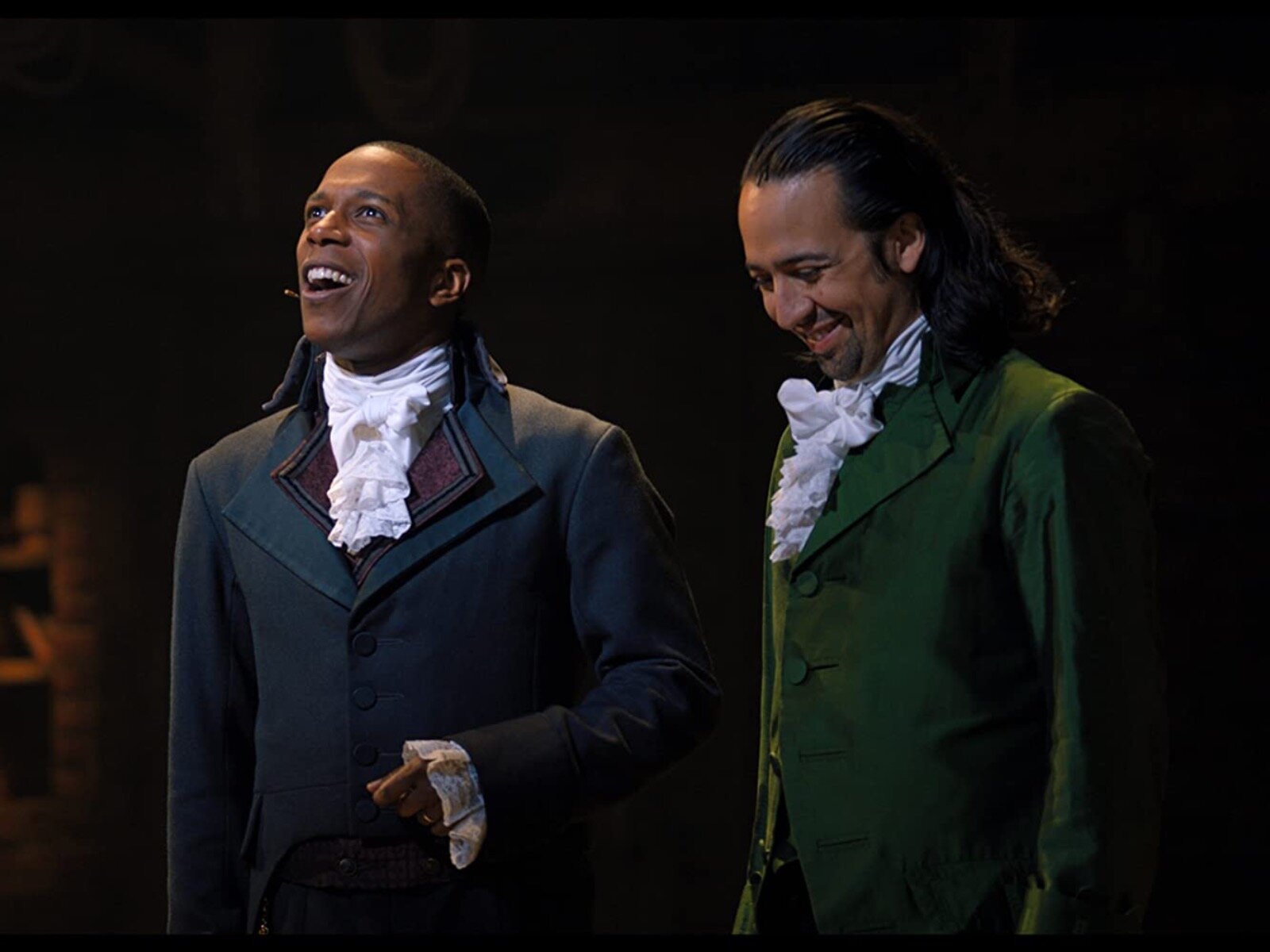Let's get this joke out of the way now: During "Trouble with the Curve," Clint Eastwood bumps into an empty chair and gets angry with it. Now that we got that easy chuckle out of the way, let's talk about why "Trouble with the Curve" is one of the most annoying films I've seen in 2012.
I'll be honest; I hated this film. I hated its glaringly fake attempts at being a baseball movie. I hated its cliché and predictable story lines. Most of all, I hated its smug, self-satisfied schmaltziness that tries so hard to be crowd-pleasing that I wanted to walk out of the theater just to prove a point.
It may not be the worst movie of the year – that title's still all yours, "Branded" – but it's been a while since I've been this annoyed walking out of a movie theater.
Clint Eastwood plays Gus, a grumpy old baseball scout for the Atlanta Braves. Times are hard for Gus; his latest batch of prospects couldn't hit water if they fell out of a boat, and the club's management – including a young go-getter (an intolerably smarmy Matthew Lillard) who thinks computers are useful and is therefore a terrible person – thinks Gus should retire. Worst of all, Gus's eyesight is going, making watching the games – and avoiding furniture – difficult.
Thanks to his boss and good friend (a pleasant John Goodman), Gus has one last chance to keep his job. The Braves want him to scout a possible prospect worth the top pick in the draft. In order to make sure he gets the job done, Goodman also calls Gus's estranged daughter, a sharp young lawyer named Mickey (Amy Adams), to help him scout. This is a problem since Gus was a deadbeat dad and hasn't gotten much better with age.
First-time screenwriter Randy Brown writes each character with the nuance and subtlety of a nuclear bomb. The script makes sure the film's bad guys – including Lillard, the diva-in-training prospect and Mickey's rival at work – are less like actual people and more like obnoxiously rude cartoons. Think of the family from "Gran Torino" but on steroids.
It's all a ploy to make their inevitable fall more satisfying. The problem is "Trouble with the Curve" so often cloyingly persists in making the audience hate these people that the film feels smugger and more arrogant than the movie's antagonists. It doesn't help that the ending makes sure everything comes up saccharinely sweet for everybody, logic be damned.
One of the biggest issues with Brown and director Robert Lorenz's plan is that their main character isn't much more likable than their over-the-top villains. Eastwood reprises his charming old grouch routine one more time, except without any of the charm.
Gus is frankly just an unpleasant person. He treats his persistently caring daughter like trash, he risks his life and others by driving almost blind and refusing treatment, and he's provably not good at his job (though a late twist involving the film's title implies that no one in baseball is particularly good at their job). He isn't given any clever lines either, just the usual grunts about yoga.
When "Trouble with the Curve" does get around to explaining Eastwood's grumpy nature, it results in a jaw-dropping dark twist that's tonally off from almost everything else in the film. Worst of all, it doesn't help make his character more likable or relatable.
The twist seems even more out of place considering how unapologetically hokey the movie is. The story is absurdly cliché – especially Adams' story arc, which shamelessly rehashes the "work vs. family" tale with almost nothing new or interesting. There's also a romantic subplot with a young scout, played by Justin Timberlake, that is just as trite but contains some of the film's better lines.
When done right, schmaltz and hokum can be fun and satisfying. Unfortunately, Lorenz has no control on how much is too much. It was already nearing the limit when Gus began singing "You Are My Sunshine" at his wife's grave, but playing the song afterwards to end the scene is diabetes-inducing sweet. I don't even want to mention the humble peanut vendor who turns out to secretly be Roy Halladay.
The whole movie actually feels laughably quaint, especially in a post-"Moneyball" universe. Miller's Best Picture nominee knew the grit of the game as well as the business smarts side. Besides a few trivia questions and some sweet old photos of the Milwaukee Braves, "Trouble with the Curve" seems wildly inauthentic, especially when it's on the field. The players' interactions feel like something from a bad direct-to-DVD "The Sandlot" knock-off, the baseball talk rings false and even the extras don't seem right.
Originally, 2008's "Gran Torino" was supposed to be Eastwood's final performance on screen, but he came out of retirement to act in this film for Lorenz, his long-time collaborator. He should have stayed behind the camera because "Trouble with the Curve" is one incredibly foul ball.
As much as it is a gigantic cliché to say that one has always had a passion for film, Matt Mueller has always had a passion for film. Whether it was bringing in the latest movie reviews for his first grade show-and-tell or writing film reviews for the St. Norbert College Times as a high school student, Matt is way too obsessed with movies for his own good.
When he's not writing about the latest blockbuster or talking much too glowingly about "Piranha 3D," Matt can probably be found watching literally any sport (minus cricket) or working at - get this - a local movie theater. Or watching a movie. Yeah, he's probably watching a movie.







